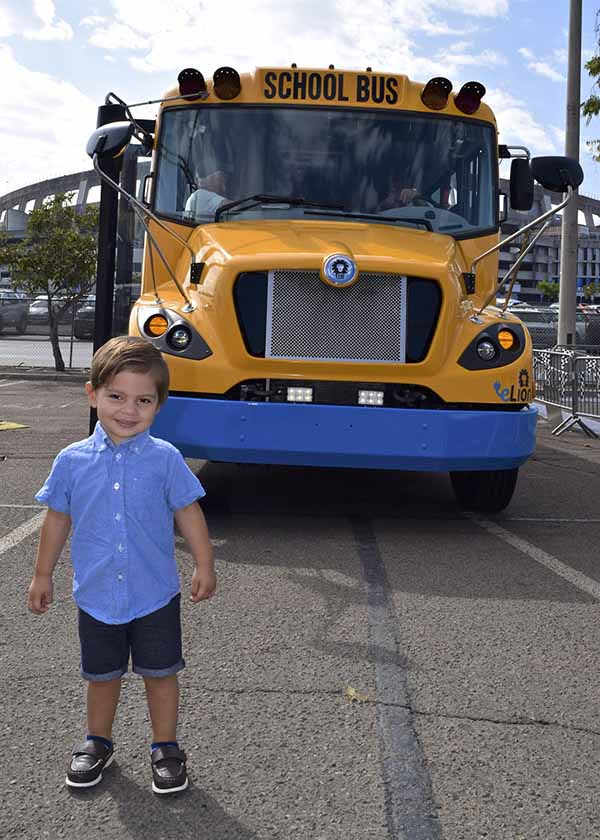Dieselgate is about to help Texas clean up its transportation pollution. From the contents of the final plan recently released by the Texas Commission on Environmental Quality (TCEQ) to lay out the distribution of the Volkswagen settlement funds, it looks like our committed advocacy paid off.
A bit of background: Four years ago, the EPA found out that Volkswagen had intentionally manipulated their diesel engines to activate emission controls only during lab testing, which caused the vehicles to emit 40 times more air pollution while driving.
Of the billions of dollars to be distributed among states through the Volkswagen settlement, $209 million is dedicated to Texas - the second highest amount after California.
Ever since the TCEQ’s draft plan for the $209 million was released in August, we’ve been advocating for changes to make sure the plan prioritizes zero-emission vehicles and re-distributes the funds more fairly. You probably got an email from us either inviting you to one of the six public meetings, urging you to submit a public comment on the draft plan, or both.

Here are some highlights of the final plan:
-
The full 15% of the trust is going towards electric vehicles and infrastructure
-
The geographic priorities are more evenly distributed
-
Austin, which got a whooping $0 under the draft plan, now gets $16.3 million
-
More money was distributed to some of our state’s metro areas with the worst air (Houston and Dallas)
-
$2 million is going to the Killeen/Waco area
-
The grant dedicated to public projects increased from 60% to 80%, meaning that with the right nudge, cities that apply for zero emission school and transit buses could get almost the full cost covered.
On the down side, the plan still sets up a first-come, first-serve process (which isn’t the case in other states), but we’re going to keep advocating for zero emission public fleets (i.e. school buses and transit buses), especially in communities that are suffering from the dirtiest air.
Recent EPA figures show that in Texas, 48 percent (nearly half!) of smog-forming nitrogen oxides came from mobile sources such as cars and trucks. People who live next to a major highway or spend a significant amount of time in a heavily industrialized area, often low-income communities of color, are exposed to breathing dirtier air than those that live in a more suburban subdivision, shielded from traffic and industry.
It’s time we tackle our transportation pollution to create healthy communities and learning environments for all people, especially children.
TCEQ releases its grant applications for the millions of dollars in funding in 2019. And we’ll be there encouraging our municipal fleets and school districts to clean up their dirty diesel vehicles. Stay tuned!